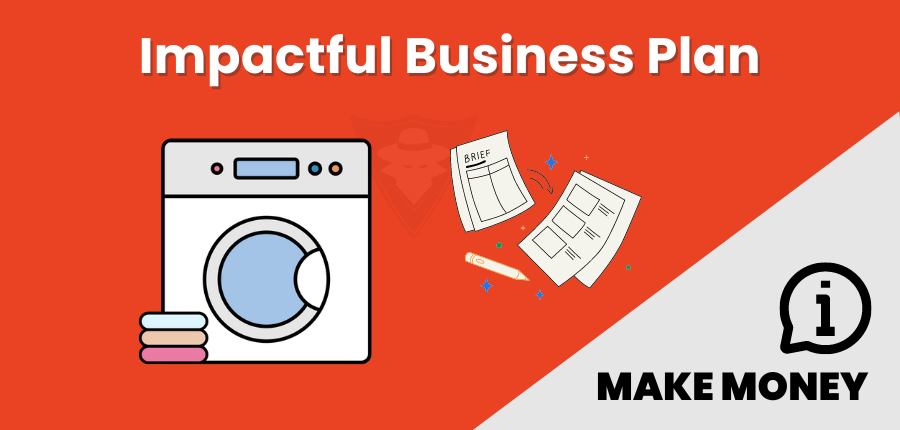Starting your freelancing journey is exciting; it gives you independence, flexibility, and...
Starting your freelancing journey is exciting; it gives you independence, flexibility, and control over your time.
But one question that often confuses beginners is, Do you need a business license to do freelance work? The answer depends on your country, local laws, and the kind of freelance work you offer.
Whether you’re a freelance writer, designer, or developer, understanding the legal requirements is essential to operating professionally and avoiding legal issues in the future.
Freelancing is not just a side hustle anymore; it’s a growing global profession. Millions of people are earning full-time incomes without ever setting foot in a traditional office.
However, to treat your freelance work as a proper business, you must understand the basics of licensing, registration, and compliance.
Let’s explore what you actually need to start freelancing the right way.
Why Freelancers Should Treat Their Work As A Real Business
Many freelancers begin their journey thinking of it as a flexible side job, but in reality, freelancing operates just like a small business. When you ask yourself Do you need a business license to do freelance work, it’s important to shift your mindset from simply “working independently” to “running a business.”
This perspective change is what separates casual earners from serious professionals who build long-term success.
Treating your freelance work as a business means taking responsibility for how you present yourself, handle clients, and manage income. It’s not just about doing projects; it’s about building a reputation and establishing systems that make your work sustainable.
From setting clear contracts and maintaining transparent pricing to tracking expenses and filing taxes properly, every step contributes to the legitimacy of your freelance career.
Even if your region doesn’t legally require a business license, adopting a business mindset gives you several benefits. It helps you stay organized, attract higher-paying clients, and plan for consistent growth.
Most importantly, it encourages you to follow ethical, professional practices that protect both you and your clients. By viewing yourself as a business owner, you automatically begin to make smarter decisions about marketing, branding, and compliance.
Ultimately, whether or not you’re required to hold a business license, the goal is the same: to operate responsibly, build client trust, and secure long-term success as a freelancer.
When you start treating your freelancing as a real business, you’re not only complying with legal expectations but also setting the foundation for a career that grows with confidence and credibility.
Read More: How To Increase Income In 2025? 8 Quick Ways
What Are The Main Types Of Business Licenses Needed For Freelance Work?
When exploring do you need a business license to do freelance work, it’s important to understand the different types of business licenses that may apply to your situation.
While not every freelancer must get one, certain licenses or permits may still be required based on your location, industry, and business setup.
1. General Business License
A general business license is one of the most common licenses freelancers might need. Your city or local government usually issues it and allows you to operate legally within that jurisdiction. Even if you work online, some cities require this license to keep track of local businesses.
2. Home Occupation Permit
If you work from home, which most freelancers do, you might need a home occupation permit. This ensures your freelancing activities comply with local zoning laws.
3. Professional or Occupational License
Depending on your niche, you may need a professional license. Freelancers who provide services such as financial consulting, therapy, or legal advice often require industry-specific licenses or certifications.
4. Sales Tax License or Permit
If your freelance business sells digital or physical products, for example, design templates, eBooks, or photography prints, you may need a sales tax license (also known as a seller’s permit).
5. Doing Business As (DBA) Registration
If you’re using a business name different from your personal legal name, you’ll likely need to register a DBA “Doing Business As.” This registration informs your local government that you’re conducting business under a specific name.
6. Employer Identification Number (EIN) or Tax ID
Although not technically a license, obtaining an EIN (in the U.S.) or tax identification number is essential if you plan to hire others or want to separate your business finances.
Understanding these categories helps you determine exactly what kind of business license you need to do freelance work legally and confidently.
Read More: How To Get Paid As A Freelancer? 5 Easy Payment Methods
Choosing the Right Business Structure for Freelance Work
When you’re asking Do you need a business license to do freelance work, you’re also implicitly deciding how you want to structure your freelance business. Your business structure matters for liability, tax treatment, finances, and growth.
Here are common options:
Sole Proprietorship
This is the simplest. You, as the individual, are the business. Most freelancers start here. There’s minimal paperwork and often no separate business license (depending on local rules). But you assume full personal liability.
Limited Liability Company (LLC) / Private Limited / Equivalent
If you want more separation between your personal assets and business risks, an LLC or its local equivalent is a common choice. It may involve registration fees and formalities. For example, even a writer may prefer it once income grows.
Corporation / S-Corp / Private Limited Company
These structures are more complex and often reserved for freelancers who scale significantly, take on employees, or have major investments and liability concerns.
Partnership
If you’re working with another person as co-freelancers or business partners, a partnership structure may be relevant.
When you choose your structure, you’ll also assess whether a business license is required: a sole proprietor may operate with fewer formalities, while a registered entity (LLC/corp) often triggers additional registration/licensing, especially in regulated fields.
How to Set Up Your Freelance Business in 5 Steps
Once you’ve considered the question of whether you need a business license to do freelance work and chosen a structure, here are five practical steps to set up your freelance business properly. These steps help you look professional, ensure compliance, and build a sustainable freelance career.
Pick A Business Name
Decide if you will operate under your personal name (e.g., “Jane Doe Writing”) or a brand/trade name (e.g., “Words & Stories Co”). If using a trade name, you may need a DBA registration.
Decide On Your Business Structure
Choose between sole proprietorship, LLC/Private Limited, corporation, or partnership. Consider your income level, growth plans, and liability exposure.
Check Local Licensing And Regulation Requirements
Investigate whether your city/county/state requires a business license, home-business permit, zoning permit, or professional license for your type of freelance service. Use resources like the Small Business Administration (SBA) in the U.S. to check.
Register Your Business Officially (if required) And Open Business Accounts
If you form an LLC or other entity, you’ll register with the relevant government agency. Even as a sole proprietor, you may open a dedicated business bank account (helping with bookkeeping and professionalism).
Track Income And Expenses, And Maintain Compliance
Keep detailed records of what you earn and what you spend (software subscriptions, hardware, travel, etc.). You’ll likely need to pay self-employment tax (in U.S. terms) or equivalent local tax.
Read More: Best Remote Side Hustles And Jobs To Make Money Remotely
Conclusion
As you reflect on do you need a business license to do freelance work, the answer is: it depends. For many freelance writers and creatives working under their own name, no formal business licence is required at the start.
However, you still must treat your work as a business: choose a structure, check your local licensing and tax obligations, maintain records, and act professionally.
Getting this right from the beginning can save you from penalties, enhance your brand credibility, and allow you to scale smoothly. Whether you remain a sole proprietor or form an LLC, remember that compliance doesn’t stifle creativity; it frees you to operate with clarity, confidence, and longevity.
Start smart, stay organized, and build your freelance business as a sustainable venture.








